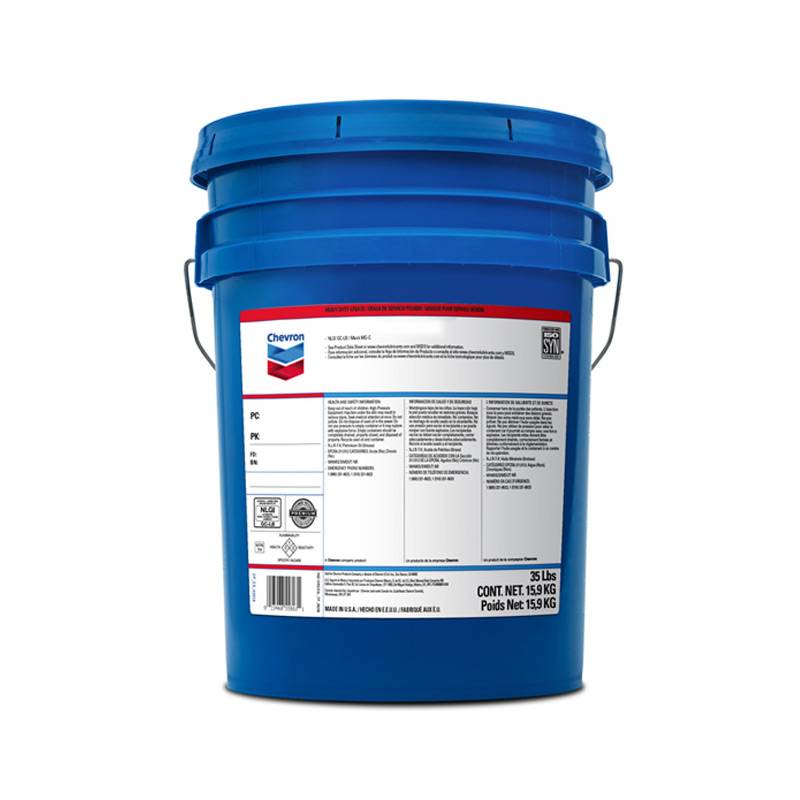ก.ย. . 10, 2024 15:00 Back to list
Types of Plug Gauge - Comprehensive Guide for Precision Measurement
Types of Plug Gauges
Plug gauges are essential tools in the field of precision engineering and manufacturing. They are primarily used to check the internal dimensions of holes, ensuring that they meet specified tolerances. Plug gauges provide a straightforward method for quality control in production processes. There are various types of plug gauges, each designed for specific applications and standards.
1. Go and No-Go Gauges
The most common classification of plug gauges is based on the go and no-go principle. A go gauge is designed to fit into a hole that meets the specified size, while the no-go gauge is slightly larger and should not fit. This binary evaluation helps operators quickly determine whether a part is within tolerance.
2. Tapered Plug Gauges
Tapered plug gauges feature a conical shape that allows them to gauge holes of varying sizes. They are particularly useful for situations where the dimensions might slightly vary due to manufacturing processes or material characteristics. The taper allows for better access in tight spaces while ensuring a precise measurement.
3
. Step Gaugestypes of plug gauge

Step gauges consist of multiple steps or increments of diameter along a single shaft. These are useful when checking for a range of sizes within a single tool. Step plug gauges are particularly advantageous in complex assemblies where several dimensions must be verified quickly.
4. Interchangeable Plug Gauges
Interchangeable plug gauges feature a modular design, allowing different gauge elements to be swapped in and out depending on the measurement requirements. This versatility makes them ideal for environments that require frequent changes in specifications or for facilities with limited storage space for multiple gauges.
5. Digital Plug Gauges
With advancements in technology, digital plug gauges have emerged as a modern alternative to traditional gauges. These tools provide instant readings and are often equipped with features such as data logging and interfacing with computers. They offer enhanced accuracy and ease of use, especially in high-tech manufacturing environments.
Conclusion
Plug gauges are crucial for ensuring quality in manufacturing processes. Depending on specific needs, engineers and quality control professionals can choose from various types of plug gauges, including go/no-go gauges, tapered, step, interchangeable, and digital options. Selecting the right gauge can significantly enhance accuracy, improve productivity, and ensure that parts meet the necessary specifications for functionality and safety.
-
Why Metric Trapezoidal Thread is Ideal for Precision Motion ControlNewsAug.05,2025
-
The Unique Properties of a Block of Granite for Industrial UseNewsAug.05,2025
-
The Role of Flanged Y Strainers in Preventing Pipeline ClogsNewsAug.05,2025
-
The Importance of Regular Calibration for Master Ring GagesNewsAug.05,2025
-
How a Cast Iron Surface Table Enhances Accuracy in ManufacturingNewsAug.05,2025
-
Comparing Different Check Valve Types for Optimal Flow ControlNewsAug.05,2025
Related PRODUCTS









